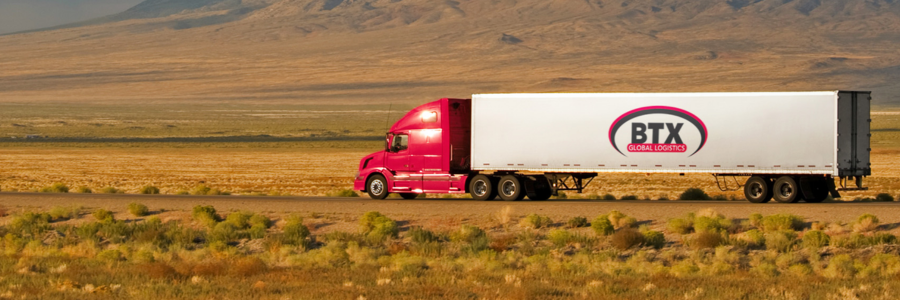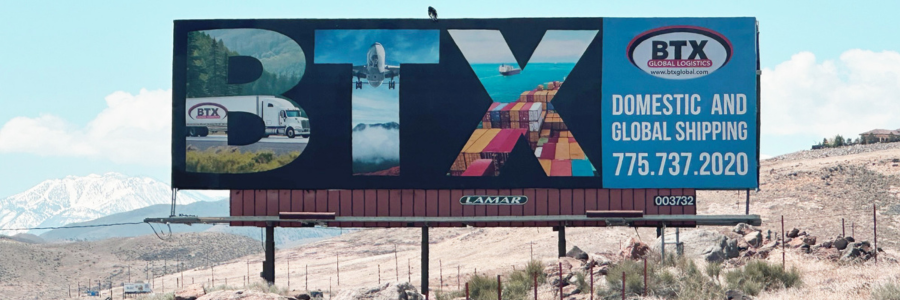Article by: Elizabeth Cohen, John Bonifield and Sierra Jenkins, CNN
Source: CNN
Pfizer's vaccine needs to be stored at about minus 75 degrees Celsius, which is about 50 degrees colder than any vaccine currently used in the United States. Doctors' offices, pharmacies and state labs don't have freezers that go nearly that low.
As Molly Howell, a state health official in North Dakota, watched a webinar on how to distribute what's expected to be the first Covid-19 vaccine, her head began to spin.
Monday, Pfizer announced that initial Phase 3 clinical trial results show its vaccine is more than 90% effective. If approved, Pfizer's vaccine will also be the most fragile vaccine used in the United States, and the state health officials charged with its distribution worry the process will not go smoothly.
"We all are going into this expecting that there are going to be major glitches," said Moore.
Even those on the inside have doubts about how the process is going.
"All of the squares of the quilt have not been knit together very squarely at this point," said Dr. William Schaffner, a longtime adviser on vaccines to the CDC. "There are probably more questions than answers."
Government Assurances and Missed Deadlines
The federal government's vaccine effort is being led by the CDC, the Department of Defense and Operation Warp Speed, a part of the Department of Health and Human Services.
As states work to implement solutions, deadlines have already been missed.
Storing a Vaccine at Minus 103 Degrees Fahrenheit
Four Covid-19 vaccines are currently in large-scale Phase 3 clinical trials, but only Pfizer's has to be kept at around minus 75 degrees Celsius, or minus 103 degrees Fahrenheit. The specific requirement is minus 75 degrees Celsius plus or minus 15 degrees. The lowest requirement for a current vaccine in the US is about minus 20 degrees.
One state program manager was "almost in tears" after receiving a "castigation" by an Operation Warp Speed official who was unhappy with a plan she filed, Wood said.
Getting Back to Normal Depends on this Box
There are ultra-low temperature freezers that can keep a vaccine at minus 75 degrees. Buying them for sites across the country might seem like the obvious solution to keeping a vaccine so cold. But the CDC has told states not to purchase them.
That advice was repeated in CDC's vaccine "playbook" sent out to states in September and October.
Instead, the CDC wants doctors and nurses to maintain the vaccine with dry ice — something they've never had to do before.

Pfizer will use that box to ship the vaccine, opting out of the government's plan to use McKesson, a third-party distributor, which is expected to handle other coronavirus vaccines when they become available.
"They're all so insanely busy," said Moore, the doctor who's helping doctors and nurses get ready.
"I know they were astonished when they got their first glimpse from Pfizer on all of the steps in this process, on the thermal shipper and how it worked," she said. "You could see all of the brains spinning."
"I could start to smell fumes from the gears turning in their minds about — 'oh my — how are we going to keep up with all of this? This is not what we expected.'"
An Unconventional Method for Keeping Vaccine Frozen
Fears of Finger-Pointing
With 40 years of shipping and logistics experience, BTX has the expertise to handle the storage and transportation of delicate, climate-controlled pharmaceuticals with care and finesse. BTX’s National Customer Service center is available around the clock to support our customers, including weekends, after hours and holidays.














.png)
